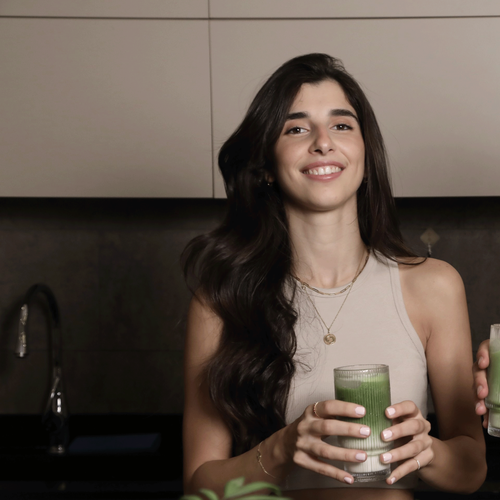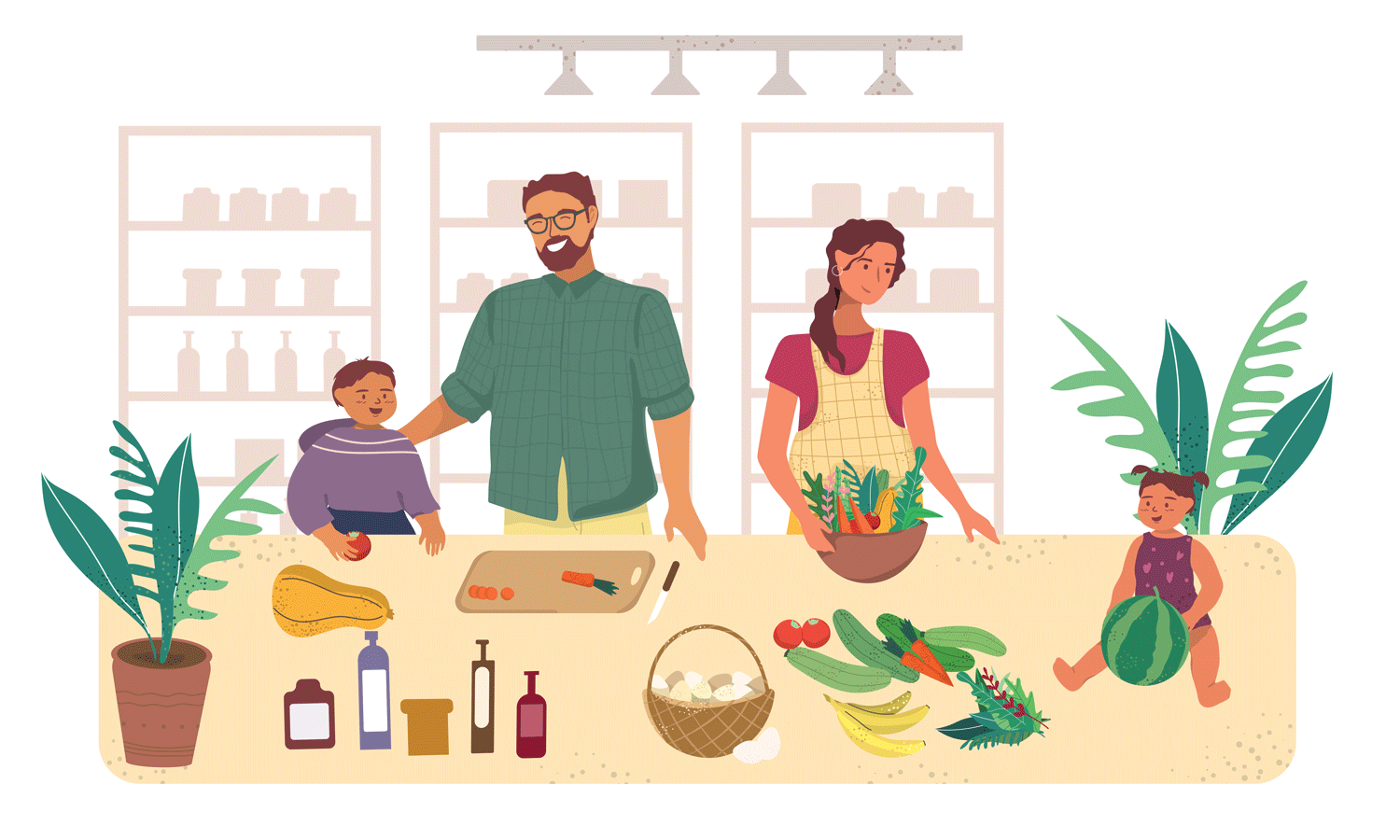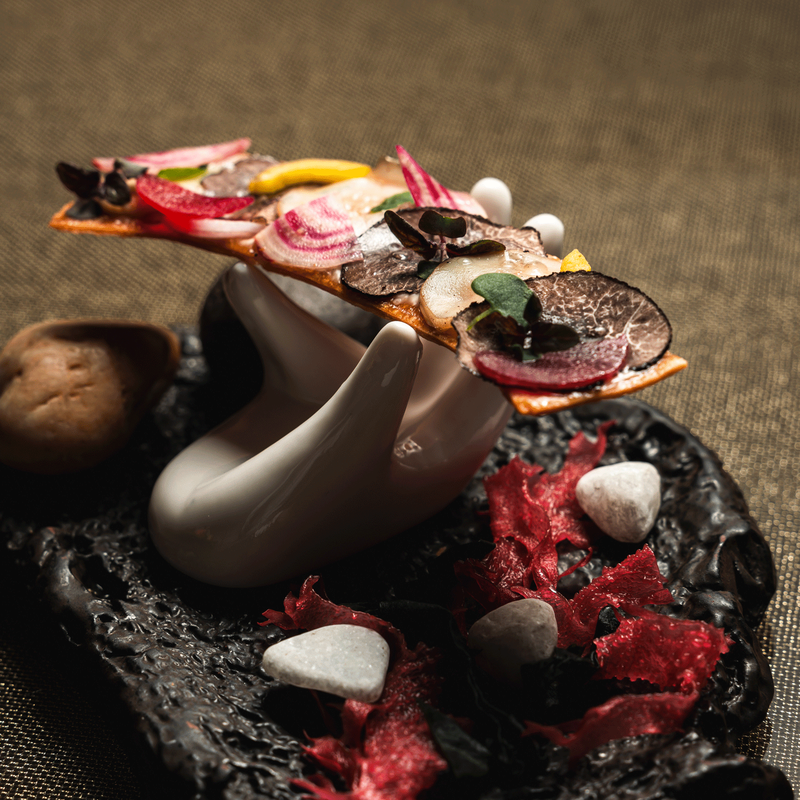I’ve been vegetarian for almost 30 years but took the leap into full-blown veganism much later on, just as I entered into motherhood, as it happened. And while I’d always promised to let my daughter make her own choices around food once old enough to do so, starting her off on a plant-based diet felt right to me.
While I felt relatively well-equipped to power myself through plants, nourishing my daughter and ensuring she was getting all the goodness she needed – and deserved – was far more daunting.
After speaking to her paediatrician, with a green light to pursue a plant-based diet once my daughter started eating solids, I readily dived into the Internet and umpteen cookbooks only to feel instantly overwhelmed with all the research, information and conflicting opinions. I had so many questions: ‘Is my child getting enough iron?’; ‘What milk can replace cow’s milk?’; ‘What’s the best source of plant-based protein?’; ‘How do I make tofu taste good?’; ‘How do we navigate parties and playdates?’; Argh! It felt like a rabbit hole and then some.
The last few years have been very much trial and error and learning on the job, so to speak. I’ve read books, spoken to experts, mined fellow vegan friends for recipes and saved more ‘vegan’ videos on Instagram than I care to count. And while there’s not a one-shoe-fits-all approach, the one thing I’ve learned is to never stop learning. Your kids will help you with that, too, because their tastebuds and nutritional needs change as they age. So, while a lovingly cooked lentil Bolognese might get a thumbs up when they’re a toddler, they might prefer something more colourful or flavourful when older.
But, my overriding piece of advice is to ask the experts. There are myriad nutritionists and dieticians trained in helping parents manage dietary requirements and make healthy food choices for their kids.

To help you get started, we asked licensed dietician Maya Khalil to provide a beginner’s guide to veganism for kids...
What are the most important things to consider when raising a child on a vegan diet?
Raising a child on a plant-based diet requires careful planning to ensure they receive adequate nutrients that may be lacking in plant-based sources. Regular paediatric visits and offering a variety of nutrient-dense foods – such as legumes, grains and fortified plant-based milks – are key to meeting their needs.
For vegan children, what are some of the best sources of nutrition when young?
For a vegan child, protein can be sourced from tofu, lentils and beans, while iron can be found in spinach and fortified cereals. Ensure adequate calcium, B12 and Omega-3 fatty acids through fortified plant milks, nutritional yeast and chia seeds.
Are there any specific foods to swap in?
You can swap cow’s milk with fortified soya or almond milk, meat with tofu or lentils, and cheese with nutritional yeast or plant-based cheese. For baking, replace eggs with flax or chia seeds mixed with water, and butter with plant-based alternatives.
What are some of the benefits of raising children vegan?
A plant-based diet can lead to higher intake of fruits, vegetables and whole grains, supporting overall health. It may also reduce the risk of chronic diseases and promote ethical values, while contributing to environmental sustainability through a lower carbon footprint.
There are lots of meat substitutes on the market now – are they recommended?
Meat substitutes can be a good protein source, but their nutritional quality varies by brand. While some are fortified with nutrients, others may be highly processed with additives like sodium, preservatives and artificial flavours, so it’s important to choose those with whole ingredients and minimal additives.
Is there anything else families should consider when embarking on a plant-based lifestyle
Parents should educate their children on their dietary choices, involve the family in meal planning and prepare for social events with suitable options. Collaborating with a paediatric dietitian ensures a well-balanced and safe diet.

